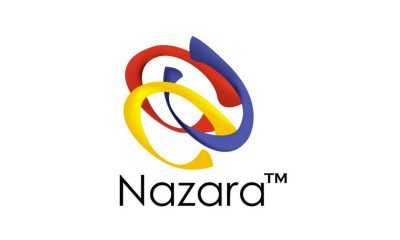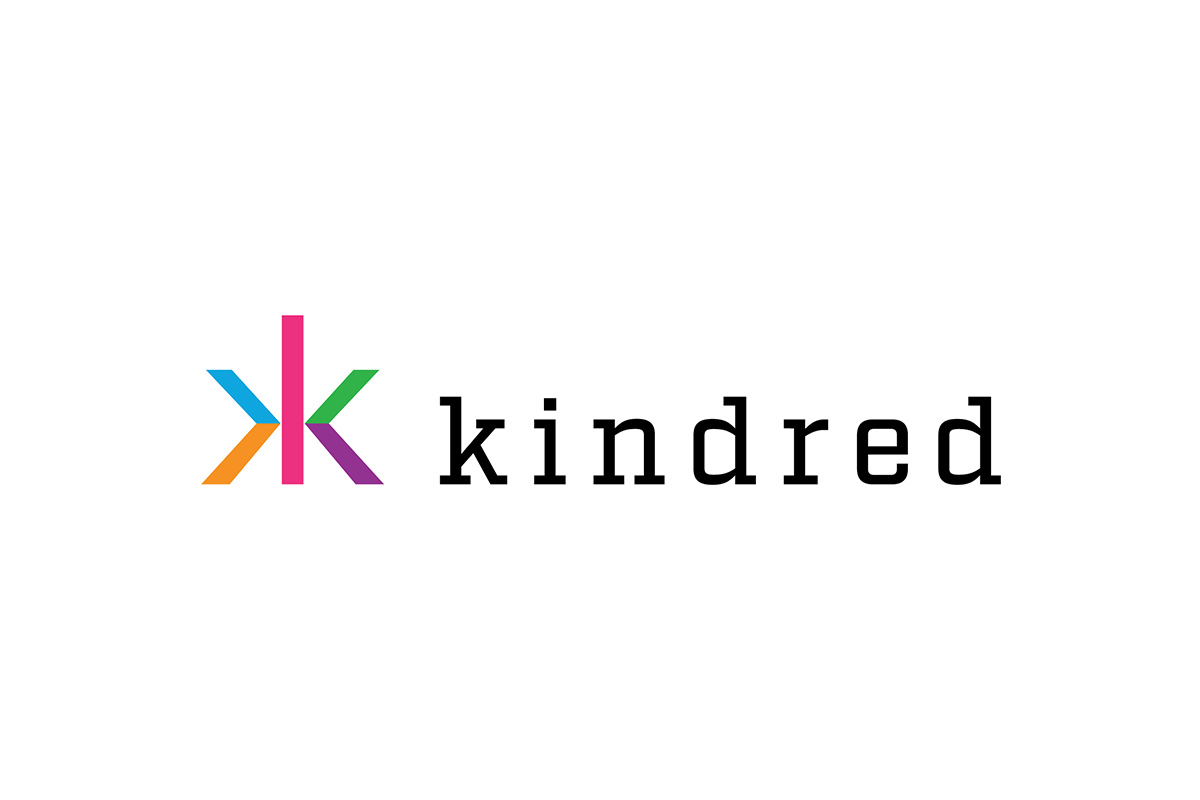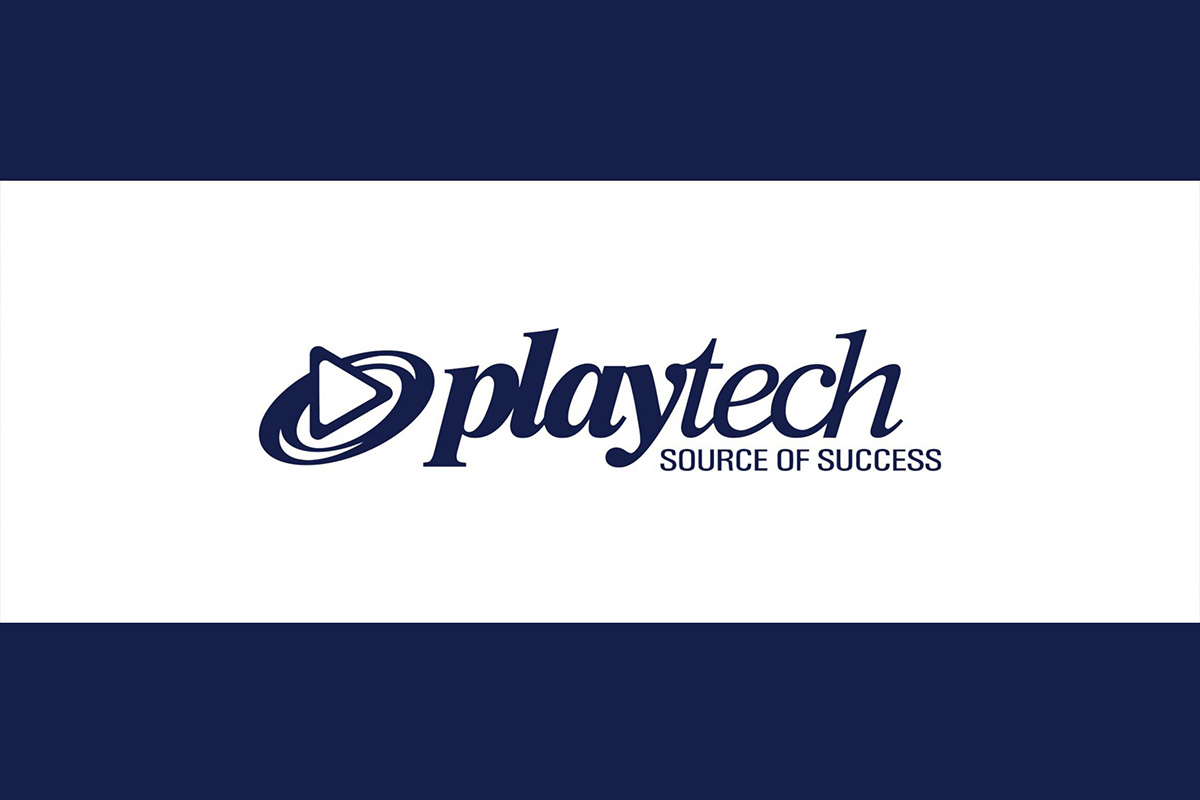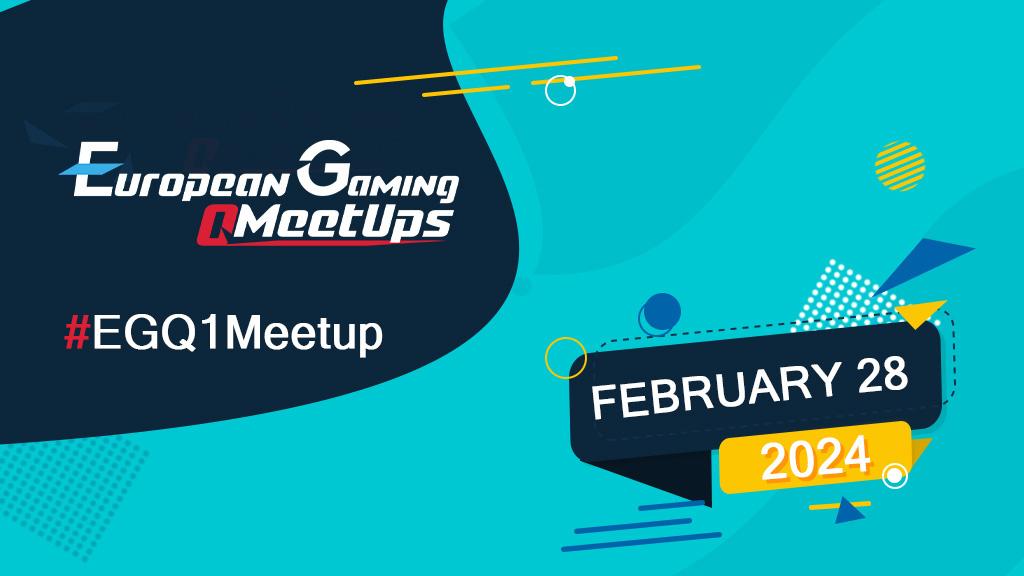Latest News
GambleAware publishes new research

 Reading Time: 4 minutes
Reading Time: 4 minutes
• Exposure to gambling advertising, including on social media, can have an impact on attitudes towards the prevalence and acceptability of gambling, and in turn the likelihood that a child, young person or vulnerable adult will gamble in the future.
• The attitudes and gambling behaviours of peers and parents are critical in shaping gambling activity; they were significantly associated with both a young person’s exposure to brands and advertising, as well as with current gambling amongst those aged 11-24.
• In the report, researchers identified a number of recommendations, including the need for clearer safer gambling messages and campaigns; a requirement to improve education initiatives; a reduction in the appeal of gambling adverts to children and improved use of advertising technology, to minimise the exposure of such content to children, young people and vulnerable adults.
GambleAware has published the findings of the research commissioned to examine the impact of gambling advertising and marketing on children, young people and vulnerable adults.
The programme of research was conducted by two separate consortia, led by Ipsos MORI and the Institute for Social Marketing at the University of Stirling. The synthesis of findings across the research was written by Ipsos MORI. The research shows that regular exposure to gambling promotions can change perceptions and associations of gambling over time for children, young people and vulnerable adults.
Among those who don’t currently gamble, exposure to gambling promotions was one of the most significant associations with whether someone was likely to gamble in the future. However, the attitudes of peers and carers was also critical when looking at whether an 11-24-year-old was a current gambler. The report reveals that if a child or young person has a close friend or carer who gambles, that individual is six times more likely to be a current gambler, than those without such a connection.
However, when specifically looking at exposure, researchers observed that almost all (96%) of the 11-24-year-old participants had been exposed to gambling marketing messages in the last month. Furthermore, participants in the qualitative research were shown snippets of gambling logos and when asked to identify them, correctly identified an average of eight out of ten.
By using an age classifier on Twitter, researchers also found clear evidence of children following and engaging with gambling related accounts. It was estimated that 41,000 UK followers of gambling-related accounts on the social media platform were likely to be under 16 and 6% of followers of ‘traditional’ gambling accounts were found to be children, a figure that increased to 17% when looking specifically at eSport gambling accounts.
Researchers concluded that the rise of new forms of gambling marketing through social media have increased the ways in which children, young people and vulnerable adults can engage with gambling brands, which in turn helps to establish brand loyalty. One of the recommendations from the report was that more could be done to work closely with social media platforms to improve age screening tools, before individuals are allowed to follow accounts that promote gambling.
However, when examining where children and young people came across gambling in the past month, TV remained the most common source of exposure:
• More than four out of five (85%) aged 11-24 reported seeing gambling advertising on TV (including national lottery adverts).
• 70% of children and young people noticed gambling adverts in betting shops on the high street, window displays as well as promotions on shop floors and near tills. However, those aged between 18 to 24 had higher exposure to gambling during sports events, on smartphone apps, through merchandise, gambling websites, emails and from word of mouth.
2
• Two-thirds (66%) reported seeing gambling promotions on their social media channels, that were most likely to be in the form of video adverts while watching clips on YouTube or ads appearing while scrolling through Facebook feeds.
Researchers identified a risk that some advertising may play on the susceptibilities of children, young people and vulnerable adults, particularly when their understanding of the risk of gambling may be poor. The appeal of a gambling promotions, for example ones that imply limited risk, or inflated suggestions of winning, may not always result in an immediate bet. Instead, these adverts were successful in eliciting a range of emotional and cognitive responses from children, young people and vulnerable adults. This therefore was likely to shape their attitudes and the likelihood as to whether or not they would consider gambling in the future.
Responding to the research findings, Marc Etches, CEO of GambleAware, has said: “Gambling is an adult activity, but this new research conclusively shows that it has become part of everyday life for children and young people. This constant exposure to it through advertising and marketing, or via close friends and family, has the potential for serious long-term implications for children and young people. The exposure to gambling on social media suggests there is a clear need for social media companies to improve age screening tools and for gambling companies to make full use of existing ones, to help protect children from potential harmful exposure to gambling. We must always be mindful that gambling is a public health issue and it can have serious implications for people’s mental health. This report is an apt reminder for us to ensure that the next generation is made aware of the risks of gambling as well as the help and support that is available via the National Gambling Treatment Service.”
Researchers at Ipsos MORI identified a number of recommendations to help protect children, young people and vulnerable adults from experiencing gambling harms. These included:
• The need for clearer safer gambling messages and campaigns, to increase the awareness of risk of gambling to children and young people.
• Improving safer gambling education initiatives, that extend to parents, as well as children and young people.
3
• Reducing the appeal of gambling advertising, by addressing specific features that may appeal to children, for example the use of celebrities or humour, while also avoiding references to confusing financial incentives.
• Improved use of advertising technology and age screening tools, to minimise the exposure of such content to children, young people and vulnerable adults.
Steve Ginnis, Research Director at Ipsos MORI, has said: “The research points to the ubiquitous nature of gambling advertising, beyond sports and beyond television; and further demonstrates that the impact of exposure goes beyond traditional selling techniques that elicit an immediate response. The evidence captured in this research suggests that there is value in taking further action to reduce exposure and appeal of gambling advertising, which in turn is likely to help mitigate against the plausible risk of gambling-related harms among children, young people and vulnerable adults. Our recommendations are intended to help stimulate collective discussion and action.”
Source: Latest News on European Gaming Media Network
This is a Syndicated News piece. Photo credits or photo sources can be found on the source article: GambleAware publishes new research

Latest News
Crown Reinstated at Sydney Casino
The NSW Independent Casino Commission has found Crown Sydney suitable to retain its casino licence after nearly three years of intensive remediation.
Chief Commissioner, Philip Crawford, said Crown has come a long way and must now demonstrate its long-term commitment to maintaining suitability.
“The NICC is confident the Crown we deemed suitable today has a strong model to keep operating into the future,” Mr Crawford said.
The NICC’s suitability assessment established that Crown Sydney has fundamentally reformed its business and is operating the casino within the objects of the Act, the requirements of the suitability deed, and in compliance with its regulatory obligations.
In addition to proving it can run the casino lawfully, Crown has remediated its business in other meaningful ways such as building a culture of transparency and accountability across its integrated resort.
“Hard work and transformation aside, the NICC has not forgotten the level of misconduct exposed in 2021 when Crown was found unsuitable,” said Mr Crawford.
“Crown Sydney has ongoing work to reach steady state and it must continue to lift standards and maintain its cultural transformation.
“There is and will always be room for improvement, but Crown is a changed business that is looking toward the future.
“Likewise, the NICC is a changed regulator with enhanced powers, a singular focus on casinos, and a mandate to address the risks of harm.
“This decision is a positive outcome for Crown Sydney, its staff, and the community – who can be sure the NICC will use all of its powers to keep the casino in check.”
In addition to the implementation of hundreds of new internal controls, the Bergin-based reforms have been reflected in a new licence and new regulatory agreement between Crown Sydney, the NSW Government and the NICC.
These agreements include updated settings, such as the removal of fetters to the NICC’s powers, as well as previous compensation trigger clauses that are no longer part of the casino legislation.
Mr Crawford said: “Crown cannot disregard the responsibility and privilege that comes with holding a casino licence. Crown Sydney’s ability to provide a destination hospitality and entertainment venue underpinned by the restricted gaming facility is contingent on its steadfast commitment to continuing suitability, accountability and compliance.”
The post Crown Reinstated at Sydney Casino appeared first on European Gaming Industry News.
Latest News
Playtech Expands LeoVegas Partnership to the Netherlands
Playtech has revealed the extension of its partnership with LeoVegas in the Netherlands, marking a significant development in their collaboration.
LeoVegas will now provide Dutch players with access to a diverse selection of Playtech’s acclaimed Casino Slots and Live Casino games. This expansion follows successful integrations in various regions, including the UK, Spain, Sweden, Denmark, Ontario, Italy and globally on LeoVegas.com.
Remko de Boer, Netherlands Country Manager at LeoVegas Group, said: “We are excited to bring the Playtech catalogue to the Netherlands! We look forward to providing our Dutch customers with the greatest igaming experience through Playtech’s renowned Casino Slots and Live Casino games.”
Diane Crookes, Senior Commercial Director at Playtech, said: “The partnership between LeoVegas Group and Playtech continues to grow stronger. Our partnership with LeoVegas has been a key part of our growth strategy, and we are delighted to continue this journey as we expand into markets and explore new opportunities.”
The post Playtech Expands LeoVegas Partnership to the Netherlands appeared first on European Gaming Industry News.
Latest News
3 Oaks Gaming presents a feature-rich trip to the Far East in 3 China Pots: Hold and Win
Distributor extends 3 Pots series with Asian-themed title
3 Oaks Gaming, an established distributor of iGaming content, has launched 3 China Pots: Hold and Win, the first time the company has integrated the popular 3 Pots mechanic within a Far East-themed title.
The latest instalment from 3 Oaks to incorporate the 3 Pots functionality sees players transported to the allure of the Orient, where the Extra, Double and Multi modifiers influence the Bonus Game once activated.
To trigger the Hold and Win round, Bonus symbols depicting the different pots are added to the progress meter within the main game. Enough blue icons open the Extra Feature, where four respins are awarded instead of the standard three. Red symbols unlock the Double Feature, which activates two game boards, while the purple Multi Feature adds multipliers to random cells.
The Extra, Double and Multi Pot features can all be triggered simultaneously, enhancing the win potential to new heights when the modifiers work in combination.
Additionally, the game’s Mini, Minor and Major Jackpots may appear during the Bonus Game and reward the corresponding cash value, with the Grand Jackpot worth 2,000x also awarded when the entire grid is filled within the Hold and Win mode.
Yuriy Muratov, Chief Commercial Officer at 3 Oaks Gaming, said: “3 China Pots: Hold and Win takes users on a mystical voyage to an opulent palace, where players can uncover a wealth of riches thanks to the captivating 3 Pots mechanic.
“The 3 Pots mechanic continues to grow in popularity and incorporating it within such a popular slot theme will only broaden its appeal to a wider audience.”
The post 3 Oaks Gaming presents a feature-rich trip to the Far East in 3 China Pots: Hold and Win appeared first on European Gaming Industry News.
-

 Latest News2 months ago
Latest News2 months agoFairplay Exchange signs as new sponsor of Stephen Hendry’s Cue Tips
-

 Latest News2 months ago
Latest News2 months ago2 PEOPLE CAUGHT OPERATING ILLEGAL ONLINE GAMING SITE
-

 Latest News3 months ago
Latest News3 months agoPlaytech Extends Partnership with BoyleSports Until 2028
-

 Latest News3 months ago
Latest News3 months agoWazdan partners with 711.nl for significant expansion in the Netherlands
-

 Latest News3 months ago
Latest News3 months agoOneCasino Partners with Delasport to Also Conquer Sports Betting in the Netherlands
-

 Latest News2 months ago
Latest News2 months agoStarGames Named Premium Partner of the International ADAC Truck Grand Prix 2024
-
Latest News2 months ago
Casino Crypto Giant Bitline Partners with Ciphertrace for Enhanced Compliance in Digital Asset Transactions
-

 Latest News2 months ago
Latest News2 months agoEuropean Gaming Q1 2024 Meetup: Exploring Innovation, Marketing, and the iGaming Industry Hubs


































You must be logged in to post a comment Login